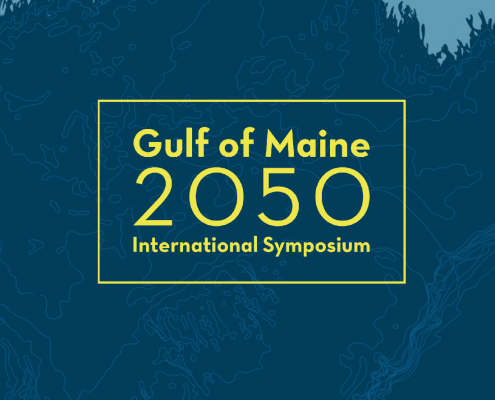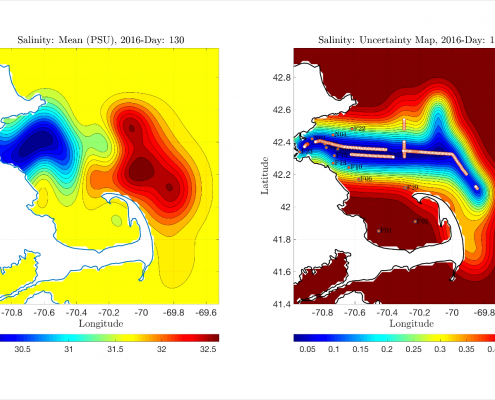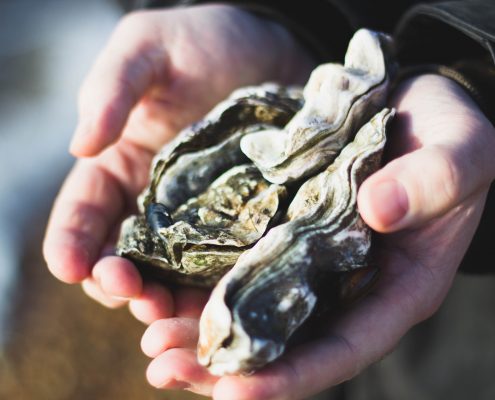
MIT Sea Grant Joins Hundreds of Leaders and Scientists Focusing on the Future of the Gulf of Maine
Scientists, planners, and leaders – largely from New England and the Maritime Provinces (New Brunswick, Nova Scotia, and Prince Edward Island) have convened in Portland for the Gulf of Maine 2050 International Symposium November 4-8, 2019.…

Machine Learning Reduces Uncertainties in Ocean Forecasts
Using a new machine learning (ML) framework that fuses multi-fidelity data in space and time, researchers at MIT Sea Grant have been able to forecast temperature and salinity fields in Massachusetts Bay and beyond. This ML approach combines…

MIT Sea Grant funded researchers building sensors to detect pathogens and ensure healthy oyster farming
MIT Sea Grant funded researchers are building a sensor to detect when bacteria that live on oysters become pathogenic and can cause illness in humans, informing aquaculture operations, production planning, and management.
The relevance of…

